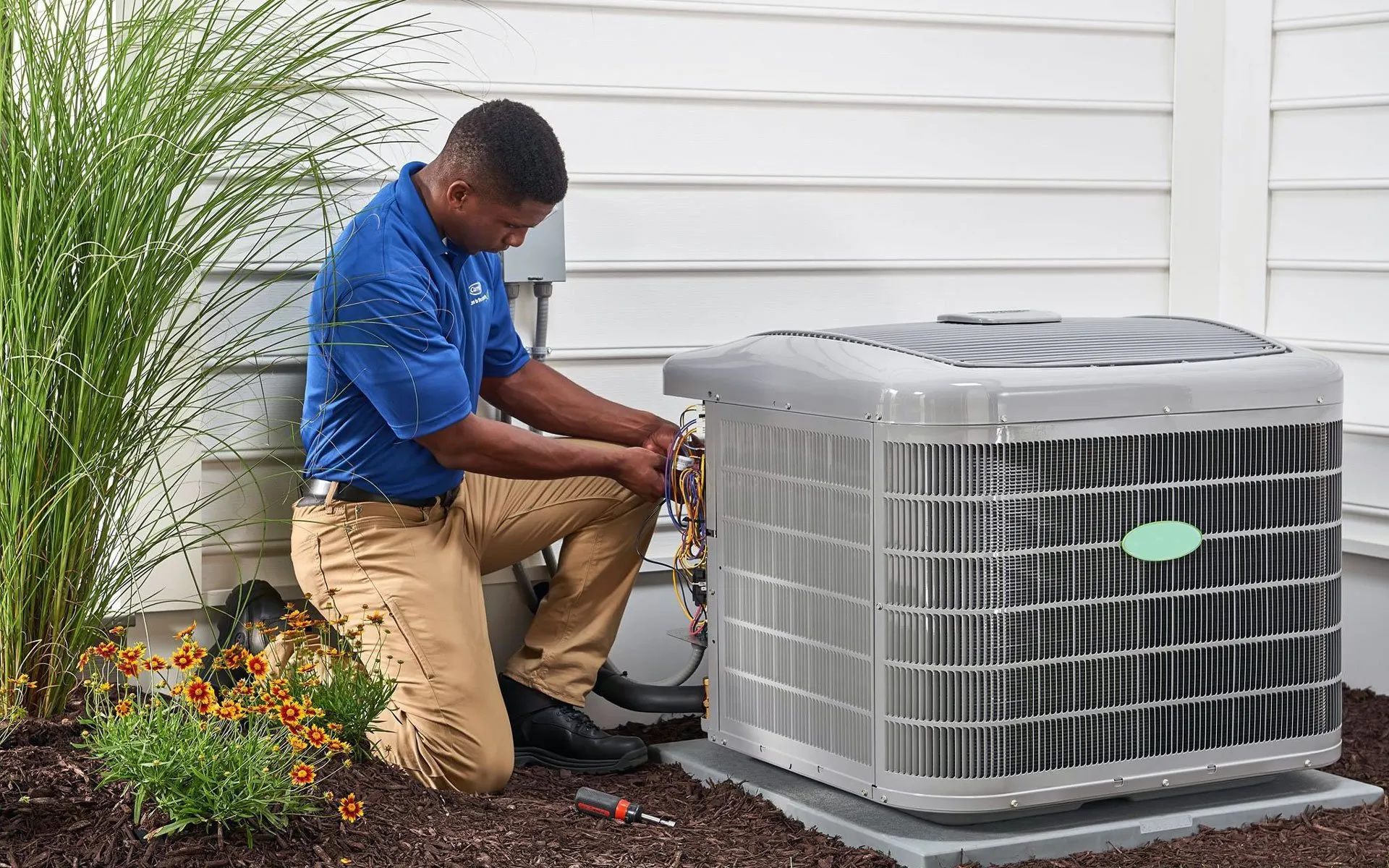Energy Efficiency: Lowering Your Heating, Ventilation, and Air Conditioning Expenses

In the modern world, effective energy use is a critical concern for homeowners and companies equally. One of the most significant areas where energy savings can be achieved lies in HVAC systems. Whether you are aiming to reduce your energy bills or improve the quality of your home or workplace, understanding the fundamentals of HVAC is crucial.
This introductory guide will examine what HVAC and its functioning, equipping you with the understanding needed to tackle common HVAC problems and service your system effectively. We will delve into practical tips for enhancing energy savings, ranging from picking the correct HVAC system to tweaking thermostat controls for different times of the year. Participate as we reveal the strategies that can help you lower expenses while ensuring a comfortable atmosphere throughout the year.
Grasping HVAC
HVAC, which stands for HVAC, is vital for providing ideal interior spaces. It comprises different technologies that manage temperature, moisture, and air purity in home and industrial spaces. These systems cooperate to create a harmonious atmosphere, making sure that heat distribution is uniform during colder seasons and that cold air moves during the hotter seasons.
The functioning of an HVAC setup can be divided into three main elements: heating, ventilation, and climate control. Heating units, such as furnaces and heating pumps, produce warmth, while A/C units cool the air to provide coolness in high temperatures. Air exchange is the method of swapping air within a space to remove moisture, foul scents, and contaminants, thereby improving indoor air quality. Comprehending how these components functions enables property owners and businesses tailor their HVAC installations to fulfill their unique requirements.
When investing in an HVAC system, factors like efficient energy use, price, and the scale of the area must be taken into account. Modern HVAC units are increasingly engineered with energy-saving features that minimize both ecological footprint and bills for utilities. The most advanced innovations, such as smart thermostats and zoning systems, offer homeowners more command over their warmth and cooling, highlighting the importance of keeping abreast about available options and developments in the sector. air conditioning service can lead to improved well-being and considerable reductions in costs over time.
Enhancing Energy Efficiency
To maximize energy efficiency in your HVAC system, start by ensuring that it is correctly sized for your residence. An too large system can lead to short cycling, where the system turns on and off, spending energy and leading to wear and tear. On the other hand, an insufficient system may struggle to maintain pleasant temperatures, leading to extended run times and higher electricity expenses. Consult with a qualified technician to find out the appropriate size for your HVAC system based on your residence's square footage, insulation, and other factors.
Consistent maintenance is key to maintaining your HVAC system running efficiently. Plan seasonal inspections to service components, check coolant levels, and swap out filters as needed. Clogged filters can limit airflow and force your system work more, which boosts energy usage. Additionally, making sure that coils and fans are clear can help maximize airflow and efficiency, ultimately reducing your energy costs and prolonging the service life of your equipment.

Incorporate smart technology into your HVAC system for enhanced energy conservation. Advanced thermostats allow you to program heating and cooling schedules based on your daily routine, ensuring that energy is not wasted when you're not home. They can also become familiar with your preferences over time and adjust settings without your input for optimal comfort. Moreover, consider zone control that allow you to heat and cool parts of your house on their own, providing better temperature control and further reducing your energy bills.
Maintaining Your HVAC System
Ongoing maintenance of your HVAC system is crucial to ensure optimal performance and longevity. Commence by checking and replacing air filters every 1-3 months, as dirty filters can obstruct airflow, decreasing the efficiency of the system and leading to higher energy costs. Additionally, ensure the area around your outdoor unit free of debris such as leaves, grass clippings, and snow to guarantee proper airflow and operation.
Seasonal inspections are necessary for maintaining the efficiency of your HVAC system. Schedule a professional inspection at least one time a year, best in spring for air conditioning units and fall for heating systems. During these inspections, a technician can service components, check for refrigerant leaks, and verify all electrical connections are secure. This proactive approach merely extends the life of your system but can also stop costly repairs down the line.
In addition, homeowners should remain vigilant for any warning signs that could indicate a need for repair. Pay attention to abnormal noises, rising energy bills, or inconsistent temperatures throughout your home. Addressing these issues promptly can save you from more extensive problems and help maintain a comfortable indoor environment. By committing to regular maintenance and being aware about your system’s performance, you can enjoy efficient heating and cooling for many years to come.
